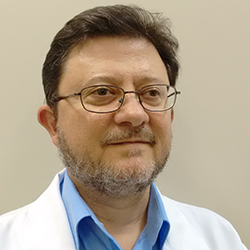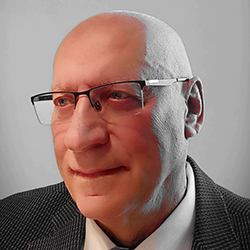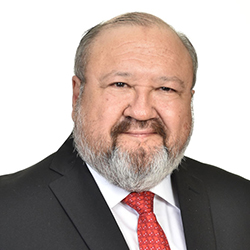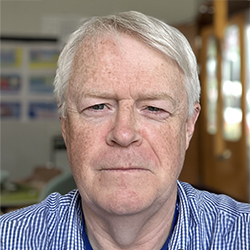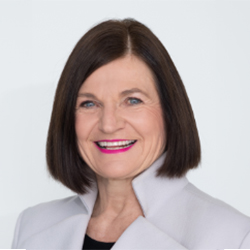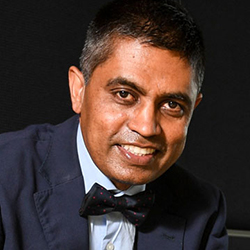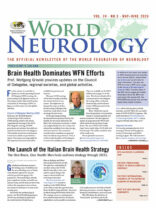Neurologists from around the world converge in Almaty.
By Aida Kondybayeva
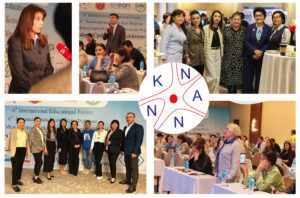 The VI International Educational Forum: Neurology Update in Kazakhstan, took place May 17-18, 2024, at the DoubleTree by Hilton Hotel in Almaty, Kazakhstan. The forum has become an annual tradition for neurologists not only from various regions of Kazakhstan but also from Kyrgyzstan, Azerbaijan, and Uzbekistan, gathering more than 700 doctors online and in person. The forum was supported by the Asfendiyarov Kazakh National Medical University and the Central City Clinical Hospital of Almaty.
The VI International Educational Forum: Neurology Update in Kazakhstan, took place May 17-18, 2024, at the DoubleTree by Hilton Hotel in Almaty, Kazakhstan. The forum has become an annual tradition for neurologists not only from various regions of Kazakhstan but also from Kyrgyzstan, Azerbaijan, and Uzbekistan, gathering more than 700 doctors online and in person. The forum was supported by the Asfendiyarov Kazakh National Medical University and the Central City Clinical Hospital of Almaty.
The forum featured world-renowned neurologists, including:
- Paul Boon, MD, PhD, FEAN, president of the European Academy of Neurology, Belgium;
- Andrei Alexandrov, MD, professor of neurology at the University of Arizona, United States;
- Thanh Nguyen, MD, FRCPc, FSVIN, FAHA, president of the Society of Vascular and Interventional Neurology, United States;
- Dieter Ritmacher, PhD, vice dean for research and postgraduate education, professor of neurosciences, at the Nazarbayev University School of Medicine in Astana, Kazakhstan;
- Valery Feigin, MD, PhD, professor, National Institute for Stroke and Applied Neurosciences, School of Clinical Sciences at the Auckland University of Technology in New Zealand;
- Celia Oreja-Guevara, MD, vice chair and senior neurologist of the department of neurology at the University Hospital San Carlos, associate professor of neurology at the Universidad Complutense, and head of the Multiple Sclerosis Center at the University Hospital San Carlos in Madrid, Spain;
- Ugur Uygunoglu, MD, professor, department of neurology at Istanbul University, Cerrahpasa School of Medicine;
- Natalia Khachanova, department of neurology and clinical neurophysiology at the Pirogov National Medical and Surgical Center, and neurologist of the MS department of City Clinical Hospital No. 24.
The forum also featured a number of Kazakh speakers, including:
- Prof. Zhannat Idrisova, Asfendiyarov Kazakh National Medical University;
- Prof. Gulnar Kabdrakhmanova, Marat Ospanov West Kazakhstan Medical University;
- Ruslan Belyaev, Karaganda Medical University;
- Aida Kondybayeva, MD, PhD, Asfendiyarov Kazakh National Medical University;
- Karlygash Kuzhibayeva, head of the Center for Multiple Sclerosis, Autoimmune, and Orphan Diseases of the Nervous System, in Almaty;
- Tatyana Kaymak, neurologist at “SanClinic” in Semey; Adil Bisembaev, Private Clinic Almaty.
Next year, the International Educational Forum: Neurology Update in Kazakhstan 2025, will be held on
April 25-26.
We look forward to seeing you in Almaty in 2025! •
Aida Kondybayeva, MD, PhD, FEAN, is head of the Scientific and Educational Center for Neurology and Applied Neuroscience at Asfendiyarov Kazakh National Medical University, and chair of the Educational Committee at Kazakhstan National Association of Neurologists “Neuroscience” and Institutional Delegate at the European Academy of Neurology from Kazakhstan.
